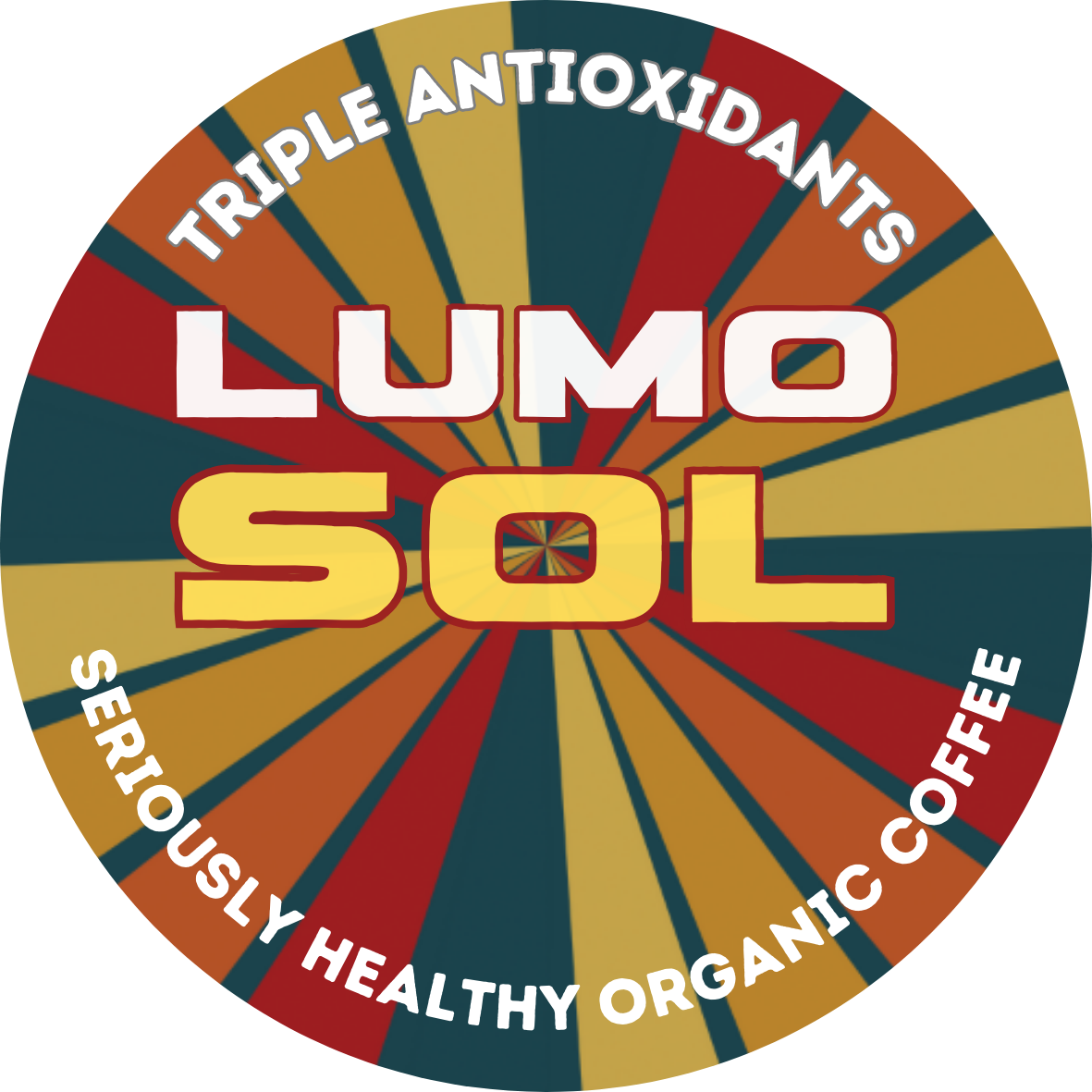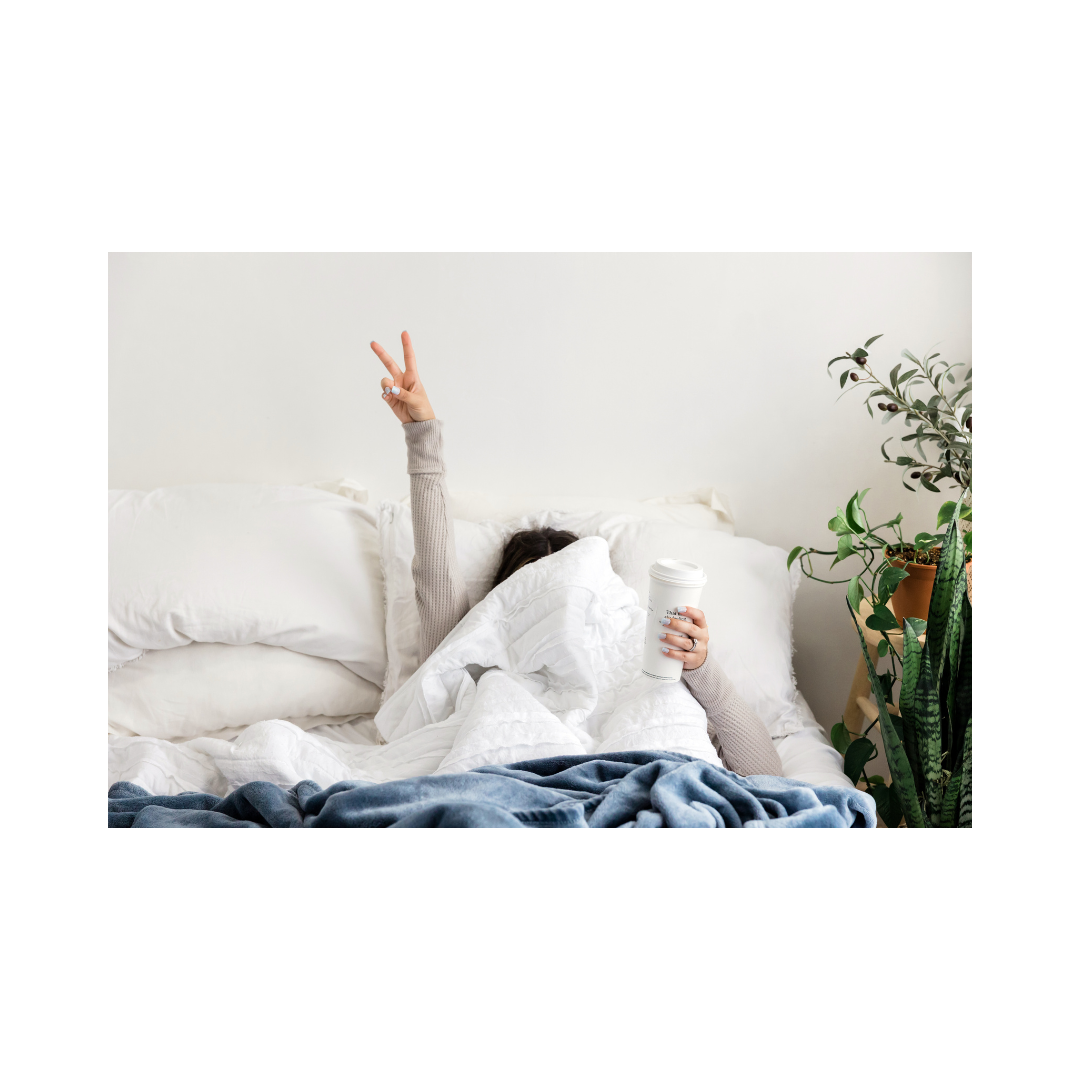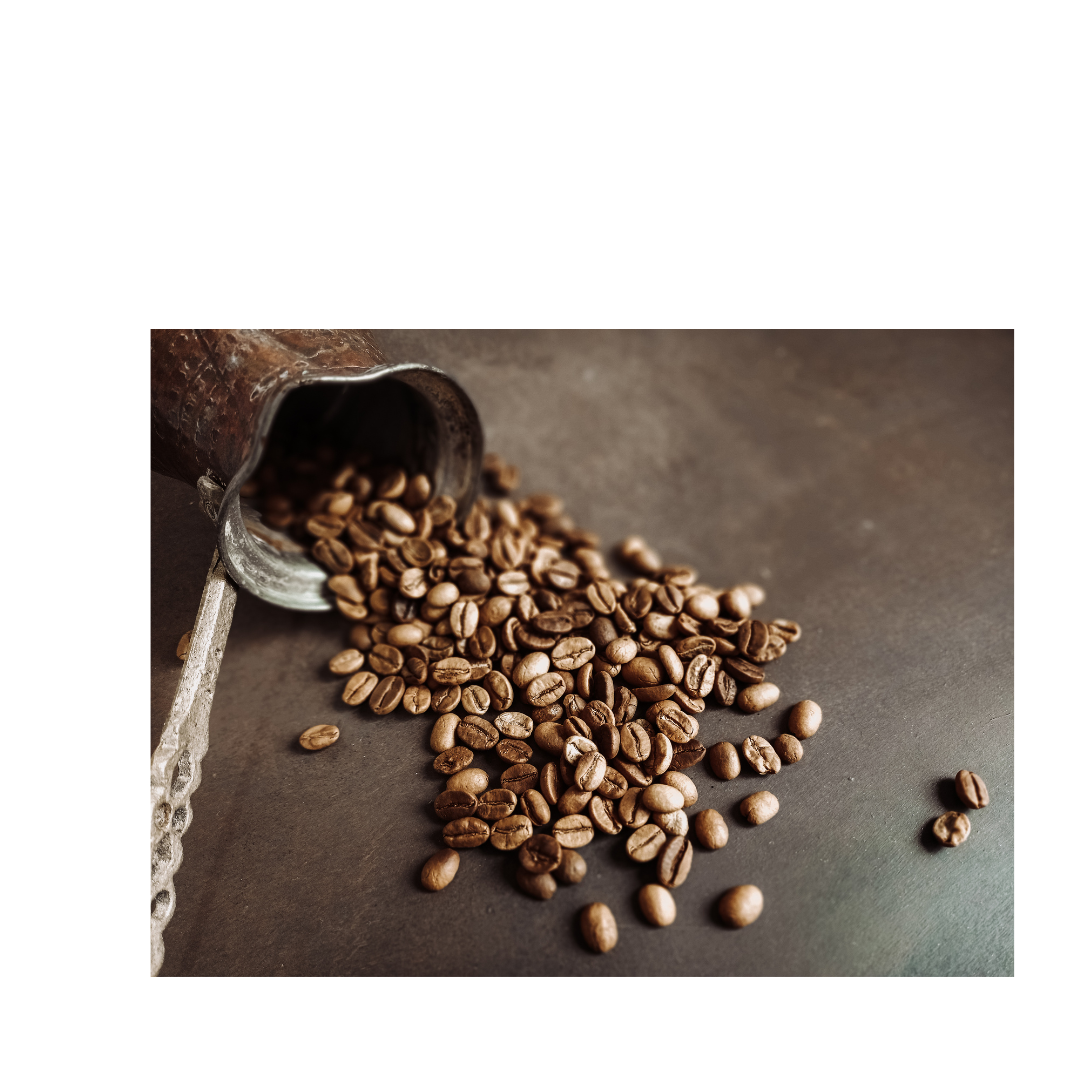Sleep is essential for optimal health and performance. No surprises there but what does the science say?
Dr. Matthew Walker is one of the world’s leading researchers on the impact of sleep on human health and disease. He is currently Professor of Neuroscience and Psychology at the University of California, Berkeley, USA.
The following conversation is one of the reasons I started Lumo Coffee. This forms part of the new and exciting research that states, in Dr. Walker’s words, “the data is immensely compelling, the health benefits associated with coffee are undeniable!”.
This interview between Dr. Matt Walker (MW) and Steven Bartlett (SB) on Steven’s Diary of a CEO podcast was aired on 9/3/23. I have done a minimal edit to make for easier reading. You can hear the full episode here.
MW. “Caffeine will hurt your sleep in probably at least three ways.
1. The first issue is the duration of its action. So caffeine has what we call a half life of about 5 to 6 hours.
In other words, after about 5 to 6 hours, half of that caffeine is still in your system. What that means is that caffeine has a quarter life of somewhere between 10-12 hours. So if you have a cup of coffee at noon at midday, 1/4 of that caffeine is still in your brain at midnight.
So having a cup of coffee at noon is the equivalent of tucking yourself into bed and just before you turn the light out, you swig 1/4 of a cup of coffee and you hope for a good night of sleep.
So that's the first thing to keep in mind is the the timing of of caffeine. The second is that caffeine is a stimulant. Now everyone knows this. Everyone knows that caffeine can make you more alert and more awake. By the way, how does it do that?
It comes back to adenosine, which is the sleepiness chemical. (Adenosine builds up from the moment we awake and accumulates throughout the day before helping us fall asleep at night.) It's no coincidence that those two things sound the same at the end of the name, caffeine and adenosine. Caffeine will actually race into your brain and it will latch onto the adenosine receptors, the welcome sites in your brain, and it has very sharp elbows and it will force away the adenosine from those receptors and it will hijack those receptors.
Now at this point you may be thinking, well hang on a second, if it's latching onto those sleepiness chemical receptors, shouldn't caffeine make you more sleepy? And the answer is no, because what it does is it just latches onto the receptor and it inactivates it essentially.
So it masks the receptor. What caffeine does then is race into your brain. You've got all of this sleepiness at 9:00 PM or 10:00 PM. You have an espresso because you're trying to power through and finish the report or the presentation and that caffeine races in.
It latches onto the adenosine receptors and blocks the signal of adenosine. So now your brain was thinking, I'm starting to get tired. It's 10:00 PM, but now all of a sudden that signal is blocked and caffeine is like hitting the mute button on your television remote controller.
It just mutes the signal of sleepiness. So now you think, well, no, I don't feel sleepy anymore. And here's the danger that even though the caffeine is in your system and it's latched onto the receptors, that adenosine is still there, it's not going away. In fact, if anything, during the course of the caffeine in your system, it continues to build and build.
And now when the caffeine finally gets metabolized and excreted out of your system, not only do you go back to the sleepiness that you had many hours before, it's that plus all of the adenosine sleepiness that's been building up during that time in between. So you get hit with this huge tsunami wave of sleepiness and that's what we call the caffeine crash.
So that's sort of caffeine in terms of how it works and it's timing.
2. Another issue is that it creates anxiety, and anxiety is probably one of the greatest enemies of sleep. One of the principal reasons that underlies insomnia is a physiological state of anxiety that your fight or flight branch of the nervous system is ratcheted up.
That's what caffeine will do. It needs to do the opposite for you to fall asleep. That's why you can have what we call the tired but wired phenomenon where you say I'm so desperately tired, I am so tired, but I'm just so wired that I can't fall asleep. It's because your nervous system is too amped up. Caffeine will trigger that amping up. Then at that point, if you're struggling to fall asleep because you've got too much caffeine on board, it is what we call anxiogenic. So now you start to worry, and the last thing you need to do when your head hits the pillow for good sleep is worry.
Because when you start to worry, you start to ruminate. And when you ruminate, you catastrophize. And when you catastrophize, you're dead in the water for the next two hours when it comes to sleep. Because we have this sense that, you know, things at night, in the darkness of night, are so much bigger than they are in the brightness of day.
And we start worrying. You know, in this modern era, we're constantly on reception and very rarely do we do reflection. And unfortunately, the only time when we typically do reflection is when we turn off the light and our head hits the pillow. And that is the last time you want to be doing reflection.
So that's the the second problem with caffeine. It's anxiogenic and it only makes you sort of almost like the Woody Allen neurotic of the sleep world.
3. The final part of caffeine is that it's very good at blocking your deep sleep. So we've done a number of these studies where we'll give people a standard dose of caffeine, let's say 150-200 milligrams, which is probably a cup and a half of good strong coffee. And then we put you to bed and we look at the amount of deep sleep and it will strip away your deep sleep by about somewhere between 15 to 30%. Now to put that in context, to drop your deep sleep by 30%, I'd probably have to age you by about 40 years. Or you could do it every night with an espresso with dinner. And that's one of the problems that people will say to me, ‘look, I'm one of those people who I can have two espressos with dinner and I fall asleep fine, and I stay asleep’. So no harm, no foul. Well, not necessarily, because even if you fall asleep and you stay asleep, you're not aware of the lack of the deep sleep that you're not getting because of the caffeine. And so now you wake up the next day and you think, 'well, I I don't remember having a hard time falling asleep. I don't remember waking up. But now I'm reaching for two or three cups of coffee the next morning rather than my standard 1 cup of coffee because I don't feel refreshed and restored by my sleep because I was lacking the amount of deep sleep'.
SB. And deep sleep. What does that rob us of? The lack of deep sleep.
MW. So, lack of deep sleep. Deep sleep is critical for regulating your cardiovascular system. It's the time when we do replenish the immune system. It also regulates your metabolic system so it controls the hormones such as insulin that will regulate your blood sugar and you will become blood sugar dysregulated without sufficient deep sleep. Upstairs in the brain deep sleep will strengthen and consolidate and secure new memories into your brain. They will prevent those memories from being forgotten. Deep sleep is also the time when we cleanse the brain of metabolic toxins, particularly the toxins that are related to Alzheimer's disease. So getting a lack of deep sleep is I would say a non-trivial thing in that regard. But I don't want to be also puritanical here and this is where I'm going to change my tidal tune.
I am not here to tell anyone how to live their life. I have no right to tell anyone how to live their life, I'm just a scientist. All I want to try and do is give you the science and the knowledge of sleep so that you can make an informed choice. And after all, and the same is true for alcohol too and sleep, I know life is to be lived to a certain degree. You know, no one wants to be the healthiest guy in the graveyard. I don't want to be that way too. I want to live life just with moderation. The reason I don't drink caffeine is not because I'm so puritanical I want to be the poster child of good sleep. I love the smell of freshly ground coffee in the morning. It's a great ritual. It's just that I've run my genetics and I am one of the slow caffeine metabolizers. So you can do these genetic kits online and they will tell you, are you a slow metabolizer or a fast metabolizer. So that's the variability, that's why some people say like I'm pretty immune to caffeine, others will say not.
Why do I now favour coffee? I was actually quite anti-caffeine in coffee when I first came out with the book just looking at the studies. But now the data is immensely compelling. The health benefits associated with coffee are undeniable. Study after study after study and we can put them all together in this big what we call a meta analysis study. And it is so strikingly clear that coffee, drinking coffee is a good thing for you from a health perspective.
Two things to say about that. The first is that it's got nothing to do with the caffeine.
And a lot of people have sort of rightly challenged me to say, look, you say how problematic sleep can be when you're drinking too much caffeine, but yet coffee is associated with many of the same health benefits that sleep is associated with. But coffee is supposed to hurt your sleep. 'How do you reconcile those two, Matt Walker?' And the answer is very simple. Antioxidants. Because it turns out that the coffee bean contains a whopping dose of antioxidants."
Hi it's me again - Antioxidants! That's where Lumo comes in and our quest to find the healthiest coffee on the planet.
The science of sleep is a fascinating area and I encourage you to check out more from Dr. Matt Walker at his website here.
In summary for most people 2-3 cups of coffee would be as much caffeine that your body can take without affecting your sleep and to have your last one around 10 hours before you go to sleep. Personally I don't drink caffeine after midday but that's what I find works for me - in the words of Monty Python "we're all individuals". If you prefer a coffee later in the day or evening then grab a decaf. You'll protect your sleep and decaf is still packed with antioxidants so it's a win / win.
Sweet dreams!



Leave a comment
This site is protected by hCaptcha and the hCaptcha Privacy Policy and Terms of Service apply.